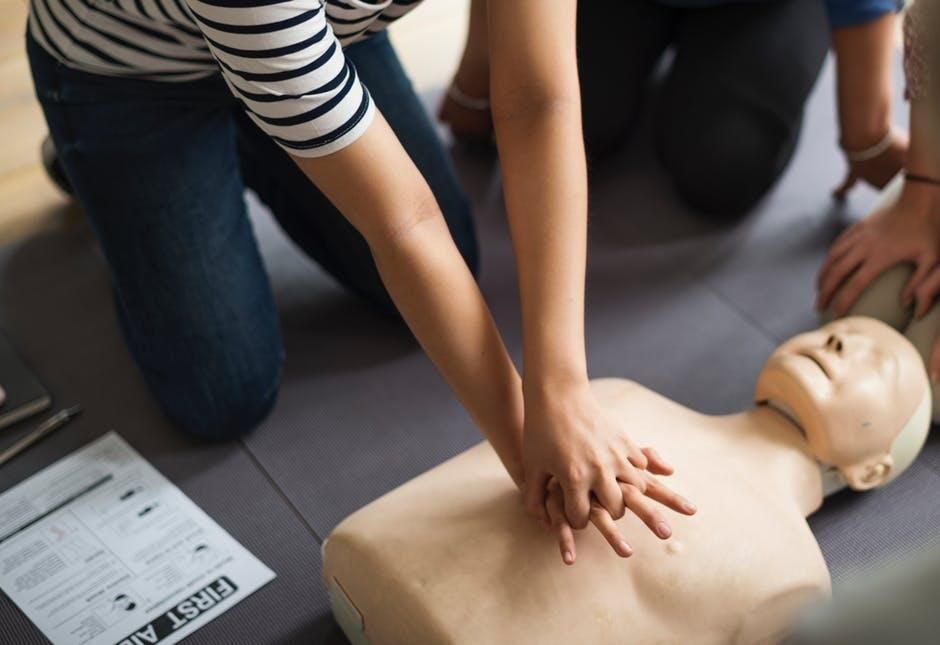Survival Skills 101: Essential Tips and Tricks from Water Rescue Training
You’re now in the fun world of survival skills! This guide is full of important information that could save your life one day, whether you like an active outdoor lifestyle or just like to be ready for anything. As we dive into water rescue training today, we’ll look at some important but often overlooked skills.
Imagine feeling confident as you cross a fast-moving river or get off a boat that is sinking. Safety-minded people of all types can take water escape training. Put on your life jackets and let’s learn the critical steps you need to take to handle any water situation like a pro!
Stay Calm
In any kind of disaster, it’s important to keep quiet and think clearly. Being panicked can make it hard to make good decisions and act quickly.
Wear a Life Jacket
Before you go on any water activity, make sure that everyone on board has a life jacket that fits them well. In any water escape situation, a life jacket is the most important piece of gear.
Know the Signs of Distress
While you’re in the water, be aware of the signs that someone might be in trouble. This could mean yelling for help or having a hard time staying upright.
Use Proper Equipment
When doing a sea rescue, you should always use the right gear, like safety buoys, lines, or flotation devices. This will protect both the savior and the person being helped.
Practice CPR
In any water-related incident, performing CPR can be a lifesaving skill. Make sure to stay up-to-date on your CPR training and certifications.
Consider MyCPR NOW to stay informed on the latest first aid, CPR, and rescue swimming techniques, which can be instrumental in saving lives. Additionally, knowing how to address minor injuries like cuts and bruises can make a significant difference during and after a rescue.
Work as a Team
When responding to a water emergency, it’s crucial to work together with others in an organized and coordinated manner. Assign roles and communicate effectively to ensure a successful rescue.
Be Cautious with Self-Rescue
Self-rescue is sometimes possible, but you should always get help from trained professionals first. You might put yourself in more danger if you try to save yourself.
Know Your Limits
Be aware of your own limitations and never attempt an emergency water rescue that is beyond your capabilities. It’s always better to call for help rather than putting yourself in danger.
Stay Hydrated
It’s important to stay hydrated when doing things that involve water, even if you’re in the water. Being dehydrated can make you tired and make it harder to help others in an emergency.
Practice, Practice, Practice
The best way to improve your water rescue skills is through regular practice and training. Consider taking professional water rescue course or practicing with a group to keep your skills sharp.
Mastering Water Rescue Training: Be the Hero in Any Situation
Water rescue training equips you with the skills and confidence to handle emergencies on the water. By following these essential tips and continually honing your abilities, you’ll be prepared to act swiftly and efficiently, potentially saving lives.
Remember, the key to effective water rescue is practice, preparation, and staying calm under pressure. So, keep training and stay safe!
